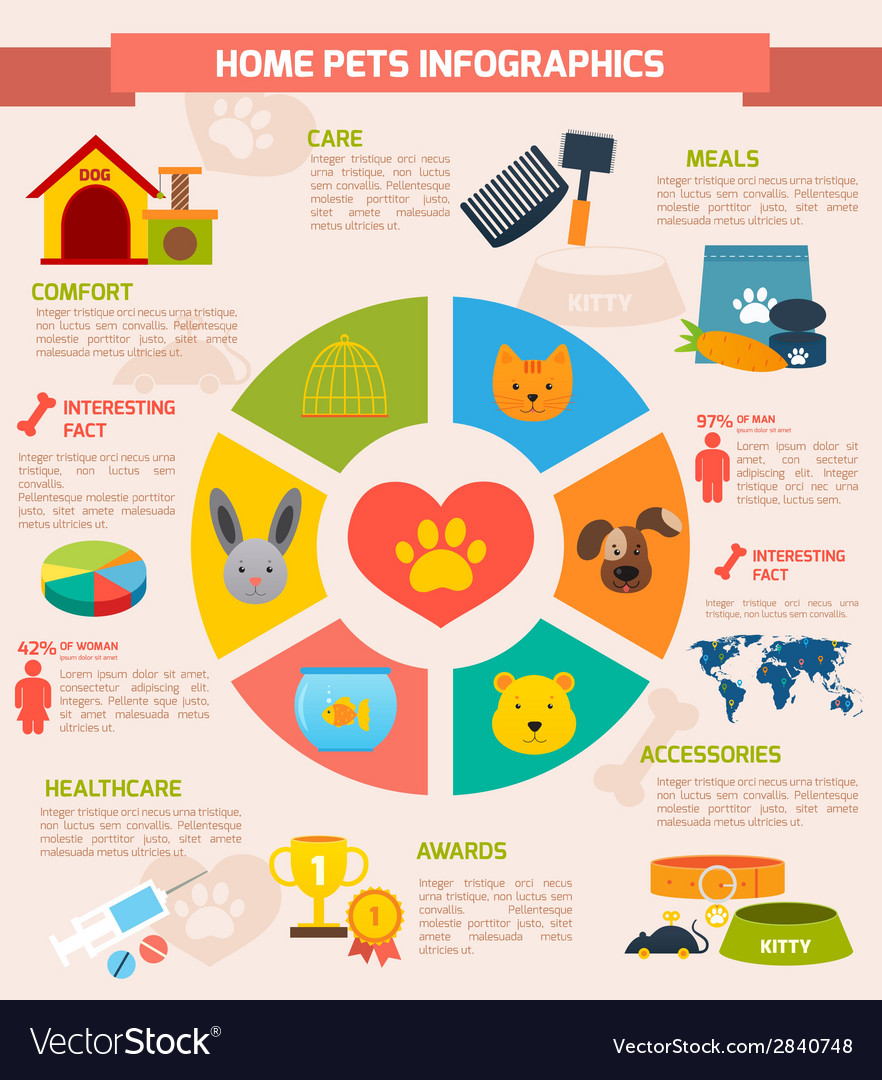Whether your pets hang around at childcare or boarding centers, they require to be current on every one of their needed inoculations. Core injections include Bordetella, rabies and DA2PP, which guard against common diseases that dogs are exposed to when in close contact with others.
Non-core vaccines consist of canine influenza and leptospirosis shots. These are recommended for pups that join various other canines regularly.
Core Injections
As a critical part of precautionary treatment, canine vaccinations help keep pets safe from contagious conditions transferred via direct get in touch with or infected surfaces. Injections stimulate the immune system to develop antibodies that fight illness, and the majority of vets take into consideration core pet injections to be necessary for all pets.
Rabies
A lot of reliable pet dog childcare facilities require that your family pet depend on date on their rabies vaccination. Inoculations are carried out to puppies as early as 12-16 weeks old, and boosters are needed every 3 years or so until their adult years. Rabies is a deadly viral condition that spreads through saliva, usually from attacks. The majority of states require rabies vaccinations for all canines and felines, and some also mandate rabies boosters for pet dog owners.
Distemper/Parvovirus/Adenovirus (DHPP).
This combination injection covers canine distemper, parvovirus, liver disease, and adenovirus, every one of which are very transmittable. Most veterinary offices provide DHPP injections as one shot or in a collection of 2 to 4 shots, given 2-4 weeks apart, followed by an annual booster. This injection is a demand for a lot of boarding and dog childcare centers, along with many groomers.
Bordetella/Canine Parainfluenza Vaccine.
Bordetella bronchiseptica, commonly known as kennel cough, is a very infectious respiratory system infection brought on by the dog board training near me microorganisms that creates the condition. Signs and symptoms consist of relentless coughing, sneezing, nasal discharge, and high temperature. The majority of kennel coughing episodes take place in congested atmospheres, such as day care or boarding facilities, and are particularly typical in warmer weather. This vaccine is a requirement for most daycare and boarding facilities, and is often offered in a mix with the DHPP vaccination.
Leptospirosis Vaccination.
This is a microbial illness that spreads through contaminated water, dirt, and pee. Infection can trigger kidney and liver damage, as well as fatality, and is transmissible to human beings. A lot of veterinarians will recommend this vaccination, based upon geographical place and way of living of the pet, for canines that hang out outdoors or at boarding centers, as well as some groomers. This injection is generally administered as a series of 2 to 4 shots, spaced 2-4 weeks apart, with an annual booster required for a lot of pet dogs.
Lyme Disease Injection.
One of the most usual tick-borne disease in the United States, Lyme illness is sent by the deer tick and can cause fever, joint pain, muscle mass discomfort, and anorexia nervosa. The Lyme disease vaccine secures versus one of the most widespread strains of the virus, including the H3N8 and H3N2 stress. The majority of vet clinics recommend this vaccine, especially in risky locations, such as the Northeast, top Midwest, Mid-Atlantic, and along the Pacific shore.
Noncore Vaccines.
Other canine injections, while not essential for all pets, are recommended based on the pet dog's way of life and geographical area. These consist of the following:.
